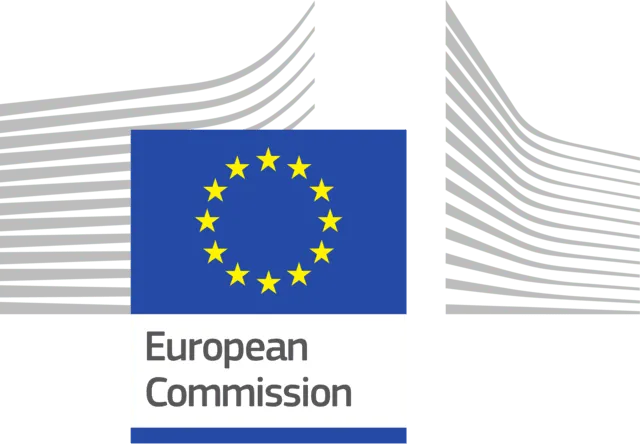Is Horizon Europe a funding agency?

What is Horizon Europe?
Horizon Europe is not a funding agency, but rather a funding framework established by the European Union (EU) to support research and innovation across various fields.
What is Horizon Europe?
Horizon Europe is the EU’s key funding programme for research and innovation. Following the Multiannual Financial Framework Midterm Review (MTR) decision, the indicative funding amount for Horizon Europe for the period 2021-2027 is EUR 93.5 billion.
It tackles climate change, helps to achieve the UN’s Sustainable Development Goals and boosts the EU’s competitiveness and growth.
The programme facilitates collaboration and strengthens the impact of research and innovation in developing, supporting and implementing EU policies while tackling global challenges. It supports creating and better dispersing of excellent knowledge and technologies.
It creates jobs, fully engages the EU’s talent pool, boosts economic growth, promotes industrial competitiveness and optimises investment impact within a strengthened European Research Area.
Legal entities from the EU and associated countries can participate.
Key details about Horizon Europe:
Nature of Horizon Europe:
- It is a 7-year research and innovation program (2021-2027).
- It has a total budget of €95.5 billion.
- It focuses on addressing global challenges, such as climate change, health, digital technologies, and more.
Role:
- It serves as a funding framework for researchers, universities, industries, SMEs, and organizations within the EU and associated countries.
- It does not distribute funds directly but is managed by the European Commission and its agencies, such as the European Research Executive Agency (REA).
Related Funding Agencies: Horizon Europe collaborates with funding agencies or entities responsible for allocating funds for specific projects, including:
- European Research Council (ERC): Supports frontier research.
- Marie Skłodowska-Curie Actions (MSCA): Focuses on researcher development and international collaboration.
- Innovation Fund: Provides funding for innovative projects.
Conclusion:
Horizon Europe is not a funding agency but a funding framework managed by the European Commission to promote research and innovation in Europe and internationally.
Countries in ASEAN can apply for funding from Horizon Europe in certain cases, depending on the type of project and the country’s status within the Horizon Europe framework. Here’s a detailed explanation:
1. ASEAN Countries and Eligibility
ASEAN countries are not EU Member States or Associated Countries:
Countries in ASEAN such as Thailand, Malaysia, Singapore, Indonesia, and Vietnam are categorized as Third Countries (non-EU and non-Associated Countries).
Third Countries Status:
Researchers or organizations from these countries can still participate as partners with teams from EU Member States or Associated Countries.
2. Conditions for Third Countries
Most ASEAN countries are not eligible for direct funding from Horizon Europe (non-eligible for funding). However, they can collaborate with European teams in specific projects.
Example:
- A research team in Thailand can join as a partner in a project with a European team.
- Collaborations are typically focused on global challenges, such as climate change, biodiversity, or health.
Some ASEAN countries may be supported in certain cases, such as Low- and Middle-Income Countries, as defined by Horizon Europe.
3. Examples of ASEAN Participation
- Vietnam: Often supported under topics related to sustainable development.
- Singapore: Can participate as a Third Country, though not eligible for direct funding, it can still contribute as a partner in significant research projects.
- Thailand: Research teams from Thailand often join through International Cooperation in areas related to regional issues, such as renewable energy or environmental conservation.
4. Recommendations for ASEAN Countries Applying for Horizon Europe Funding
- Build collaborations with teams from EU or Associated Countries:
This increases the chances of participation and funding opportunities. - Focus on projects addressing global challenges:
For example, climate change, health innovation, or food security. - Review specific project requirements:
Some projects may allow ASEAN countries to participate and receive funding.
Jan 19, 2025 at 10:06 PM